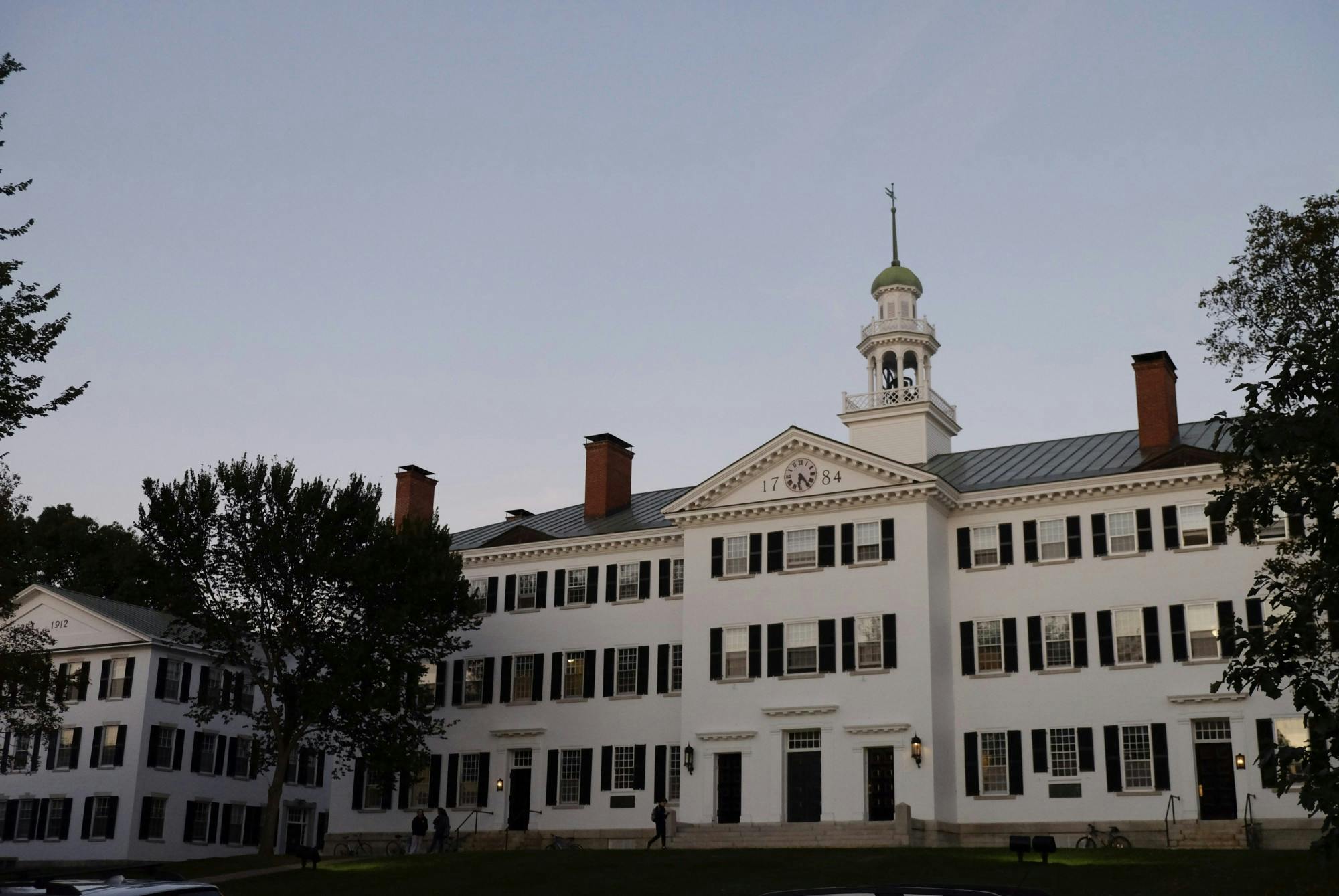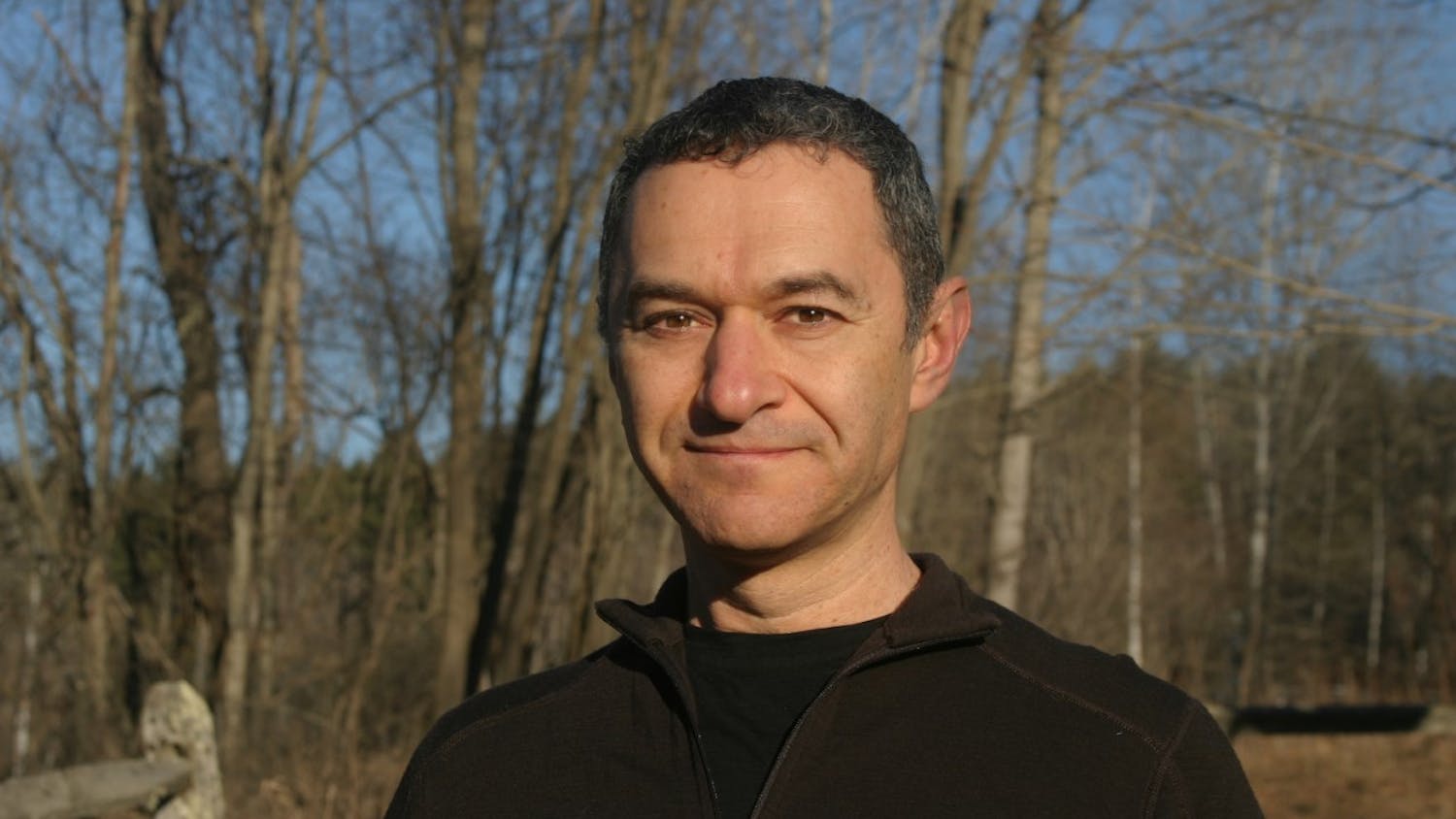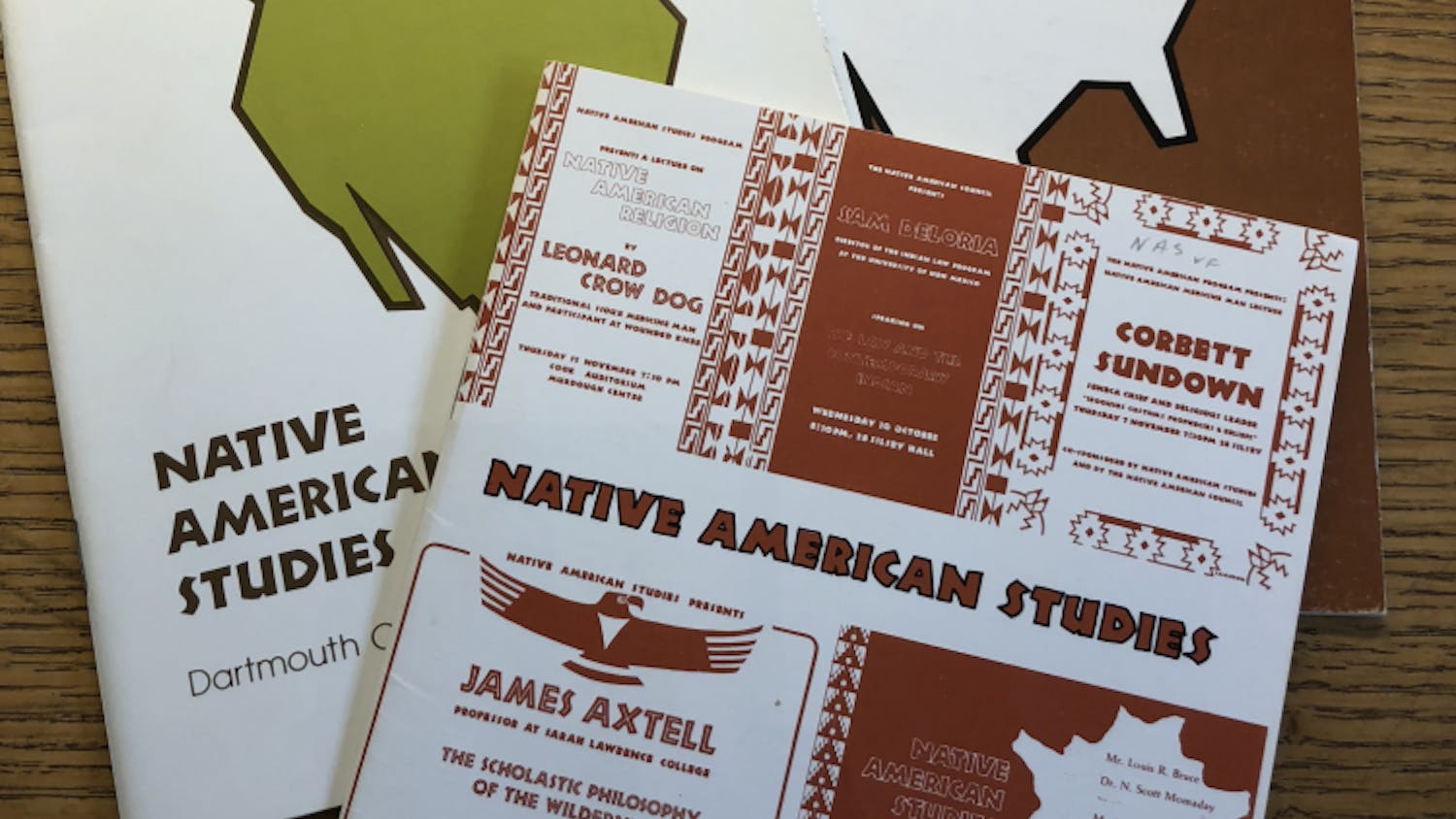The tenure track, normally a six-year-long process at Dartmouth, has been adjusted due to the COVID-19 pandemic. While the College is continuing to evaluate professors up for tenure this year, it is offering a one-year extension to junior faculty on the tenure track.
Dean of the faculty of arts and sciences Elizabeth Smith wrote in an email statement to The Dartmouth that the College is “committed to completing the evaluation of our colleagues who are standing for tenure and promotion during the 2019-2020 academic year,” adding that the College made “an institution wide-decision [to] automatically extend the tenure clock of all junior faculty by one year.”
She noted that because professors set to undergo tenure review this year were required to submit their supporting documents by Dec. 1, 2019, they are not impacted by the change.
Through the tenure process, a professor’s research and teaching are evaluated, with service to the department, the College and their professional community also considered. The COVID-19 pandemic has affected all of these factors, as teaching has moved online for the spring and summer terms and research has been ramped down.
Dartmouth’s tenure track gives assistant professors the chance to become associate professors after review by tenured members of a professor’s department or program, associate deans, the Committee Advisory to the President, the President and the Board of Trustees. Once professors have tenure, they are promised life-long, permanent employment at the College, guaranteeing job security and academic freedom except in extreme circumstances.
Smith’s email noted that faculty pursuing tenure may still proceed on their original schedule if they wish.
Several administration members involved in tenure review declined to comment on this year’s process, with associate dean for the faculty of social sciences John Carey citing confidentiality reasons amid ongoing tenure review. According to the faculty of arts & sciences’ guidelines for appointments, reappointments, promotion and tenure for faculty, the review process is set to conclude with faculty appointments on July 1.
Philosophy department chair and incoming associate dean for the arts and humanities Samuel Levey expressed support for the College’s decision to grant extensions.
“We want to break a culture of thinking that it's OK to be expected to do your work under crisis conditions,” he said. “Everybody who’s teaching that I’ve been talking to feels like they’re wall-to-wall just getting through teaching prep.”
While there are no current junior faculty in the philosophy department, Levey noted that research in the department has slowed down. His own research requires “at least a couple of hours of deep focus,” and he worried that for his counterparts, especially those with young children, “that time just doesn’t exist.”
Levey reiterated that professors were allowed the additional year for the tenure process because the shift to online classes would be “enormously time and attention demanding” and that working at home could be disruptive as well.
While some professors have had their research disrupted, others have been stopped from researching altogether. Still others may not be able to continue their research in the foreseeable future, potentially requiring considerable adjustments to their research plans in the years leading up to their tenure review.
According to economics department chair Nina Pavcnik, research for some professors in her department has ceased.
Some faculty members in the economics department have been stopped from conducting field research in the U.S. or in developing countries, with some of this research potentially not being able to resume in the future, Pavcnik said.
Levey said that “staying in sync” with collaborators at other universities and the lack of “landmarks,” like conferences, that require certain research to be done at a specific date has been challenging. Without deadlines, he said, it can be difficult to decide which project to work on first.
“If you’re in a different sort of field where it’s lab work, or you’re working in parallel with people who are able to move forward, but you’re part of a team that you can’t because of your current circumstance, it can be enormously disruptive,” Levey said.
Despite the challenges posed by the pandemic, psychological and brain sciences department chair Bradley Duchaine said that he is optimistic about the future.
"I feel for right now, people are alright,” he said. “Somebody goes up for tenure over a six-year period, and so if there's four months where they're sort of ‘out of business,’ so to speak, it's not a terrible problem."
He added that even so, he believes “people appreciate having the option of delaying the process.”




